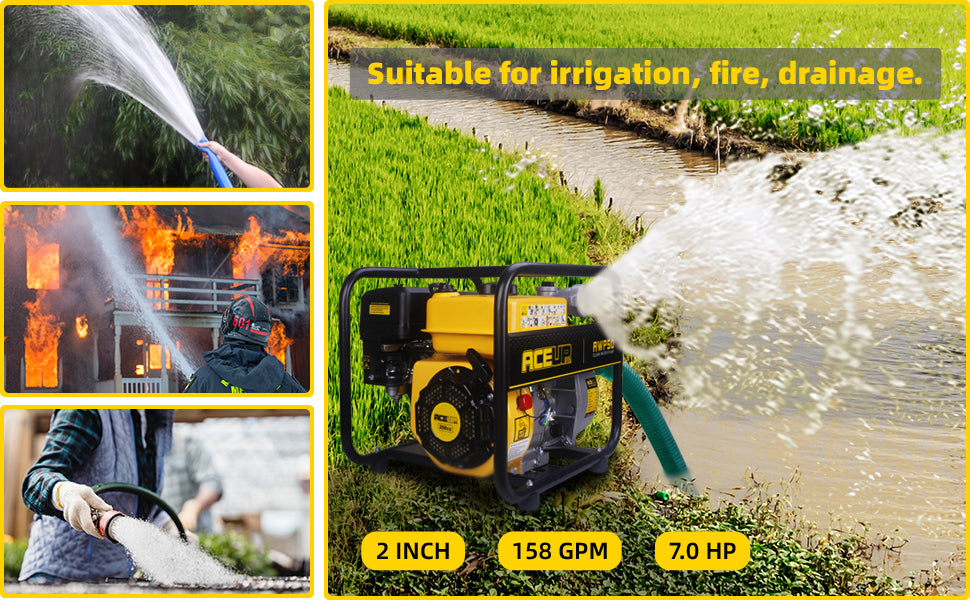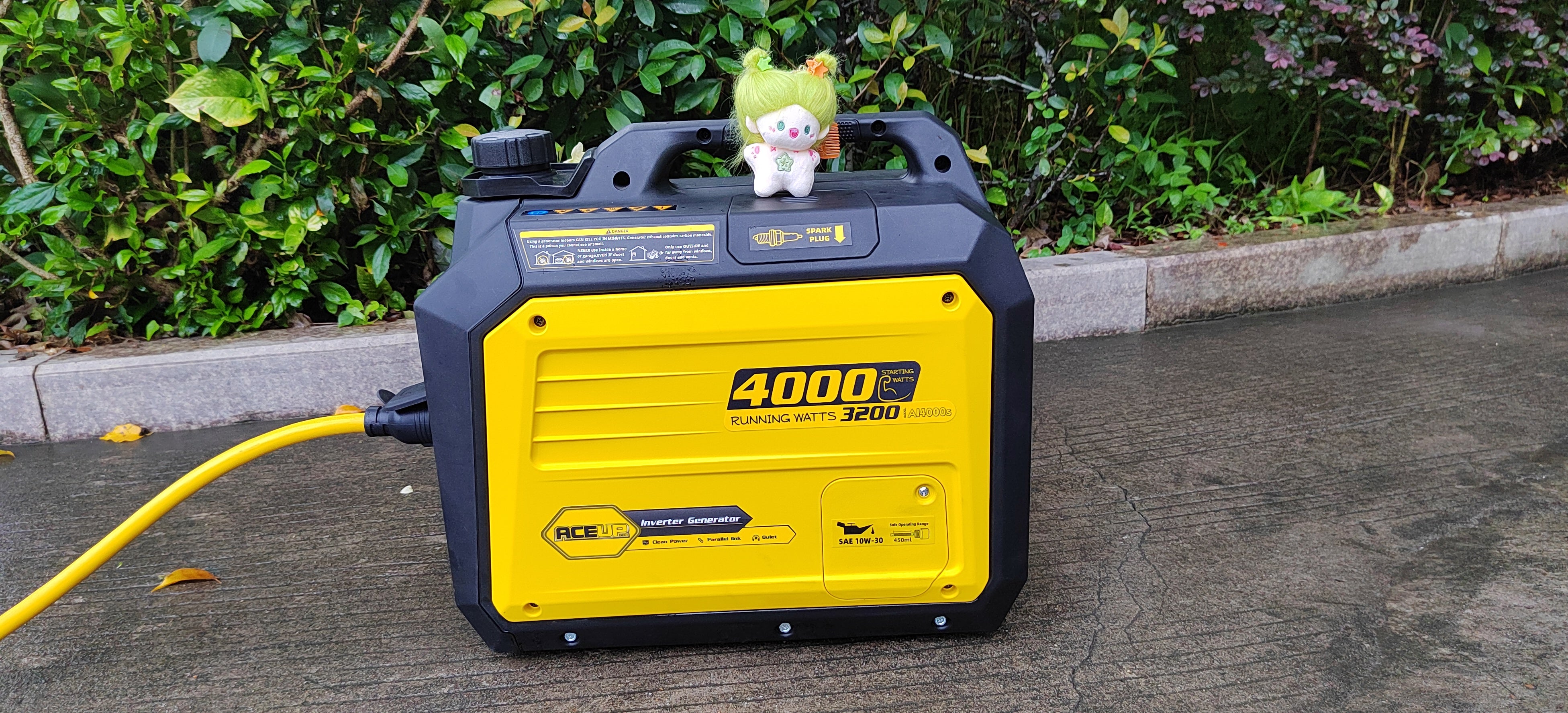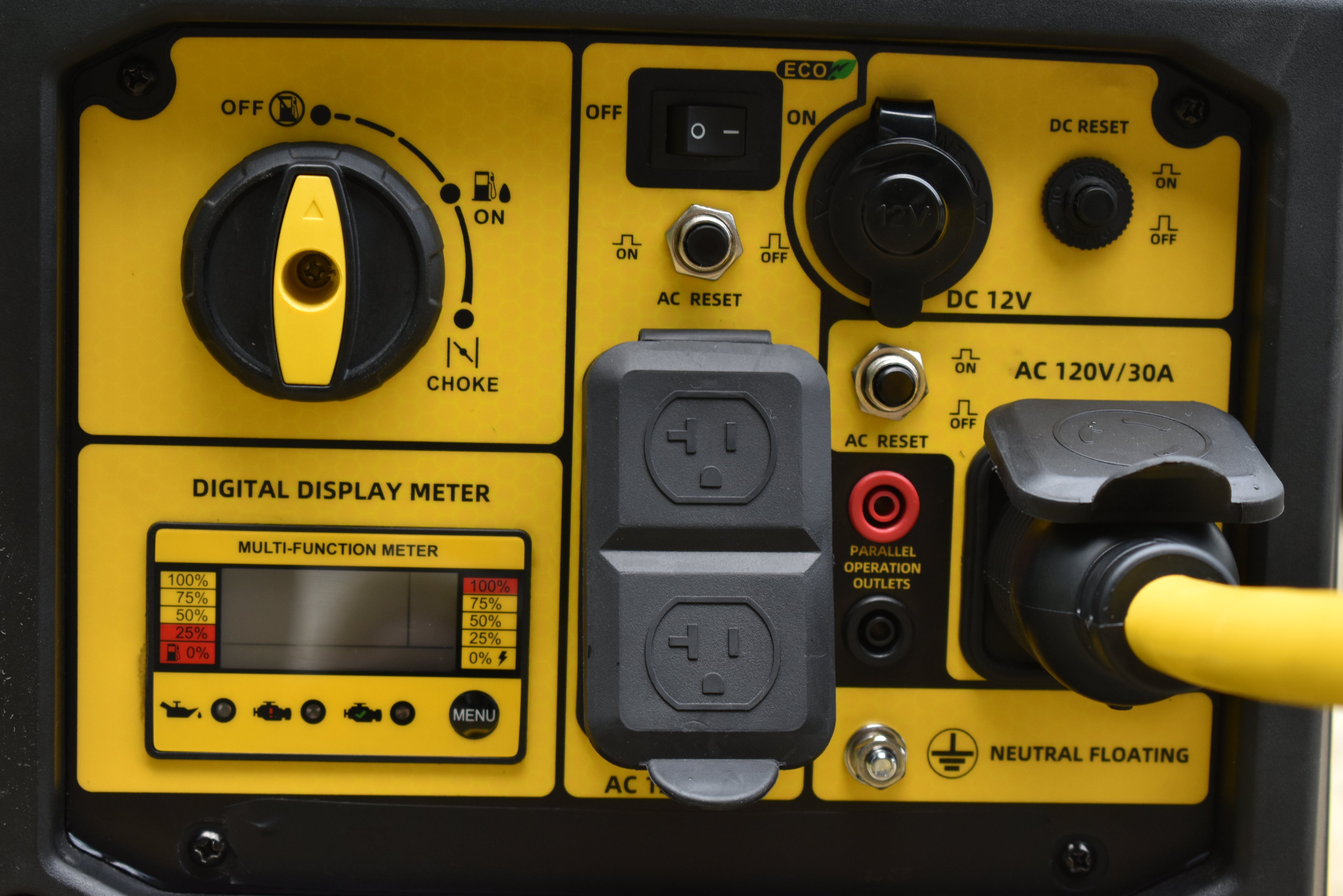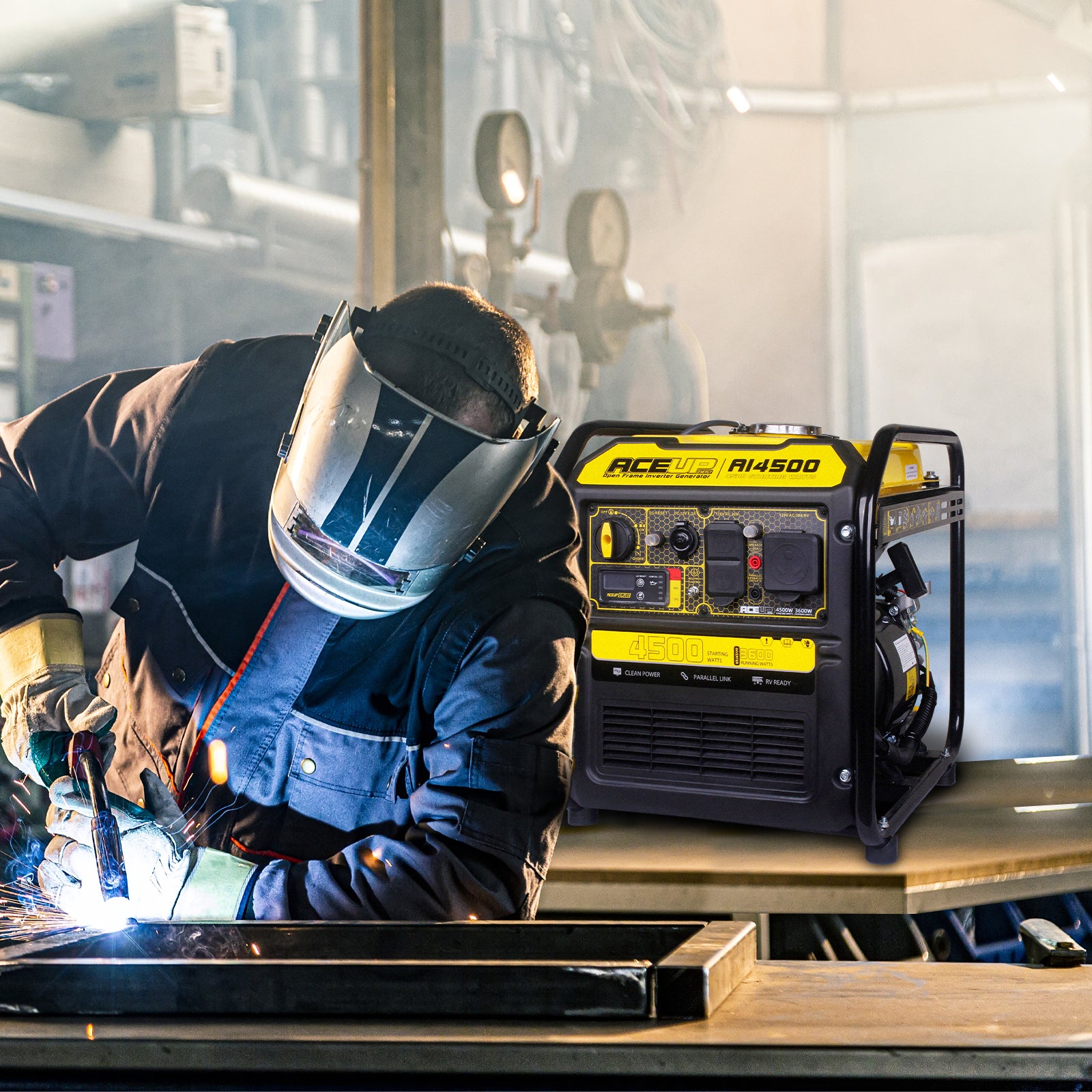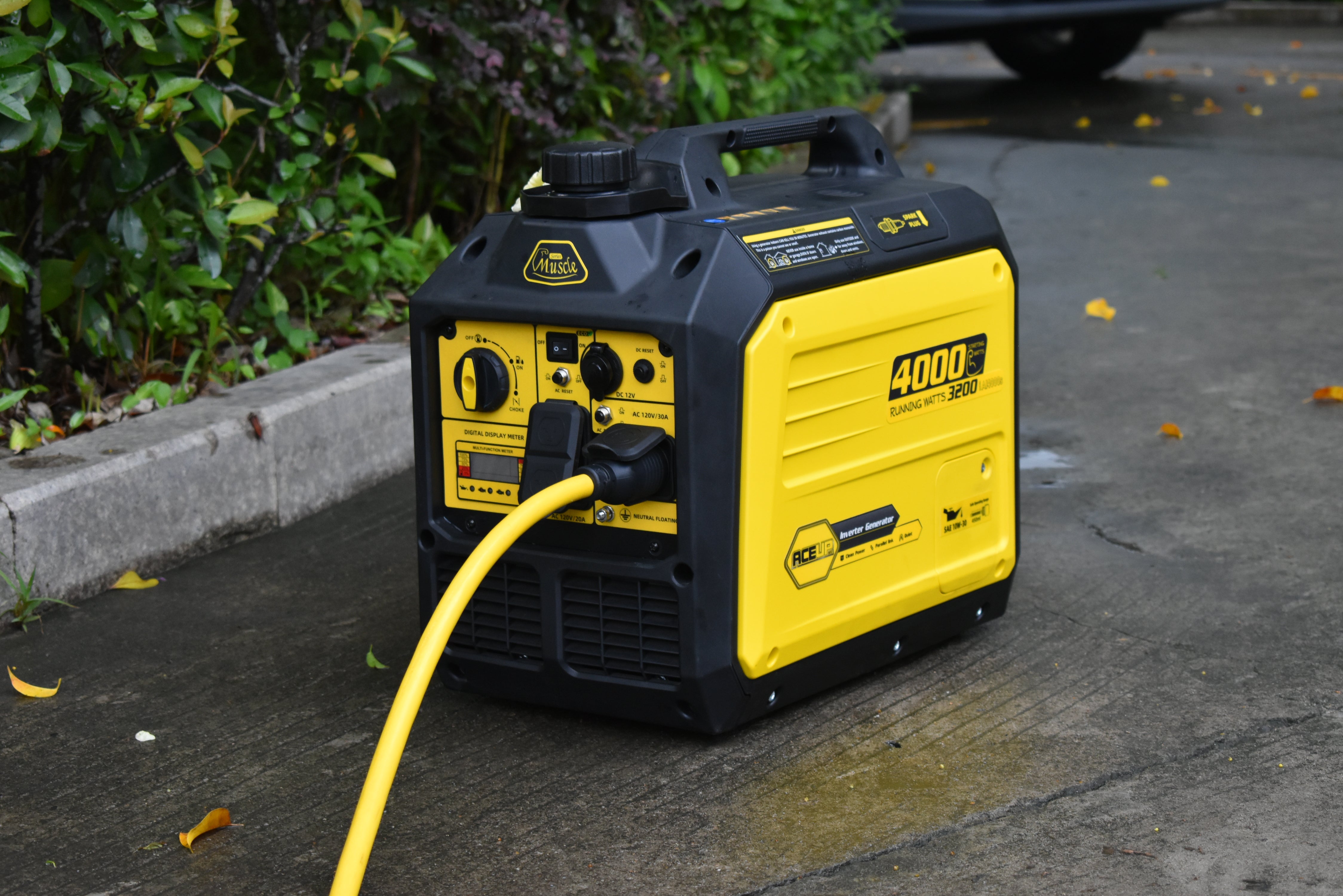
The Advantages of Gasoline Generators
Gasoline generators have several advantages that make them a popular choice for many applications. Here are some of the key benefits:
1. Widely Available Fuel
- Convenience: Gasoline is one of the most widely available fuels in the world. You can easily find gas stations in almost any location, which makes refueling quick and convenient, especially in emergencies.
- No Special Storage Requirements: Gasoline doesn’t require any special storage infrastructure, as long as it’s kept in proper containers. Propane, on the other hand, often requires large, pressurized tanks for storage.
2. Lower Upfront Cost
- Cheaper Initial Purchase: Gasoline generators are often less expensive to purchase upfront compared to propane or dual-fuel models. This can make them a more affordable option for individuals or businesses on a budget.
3. Higher Power Output (per gallon)
- Energy Density: Gasoline has a higher energy density than propane (more BTUs per gallon), meaning that gasoline generators can provide more power for a shorter period on a single tank of fuel. This can be useful when you need a large amount of power over a short duration.
4. Good for Short-Term Use
- Quick Start and Reliable for Short-Term Power: Gasoline generators are excellent for emergency backup or recreational use (e.g., camping, tailgating) because they are easy to transport and set up quickly.
- Portability: Gasoline generators, especially smaller models, are often more portable than propane generators, which can require larger, heavier tanks for fuel storage.
5. Ease of Maintenance
- Simpler Design: Gasoline generators are usually simpler in design, which can make them easier to maintain and repair. While gasoline engines may require more frequent maintenance than propane engines, the technology is well-established, and parts are easy to find.
- No Need for Propane Tank Maintenance: Unlike propane generators, which may require regular inspection of propane tanks and connections, gasoline generators only require basic engine maintenance like oil changes and air filter replacements.
6. Lighter Fuel Weight
- More Lightweight: Gasoline is much lighter than propane in terms of storage and transport. Propane tanks can be bulky, whereas gas cans for small generators are relatively easy to carry.
7. Better for Small-Scale or Emergency Use
- Compact for Emergencies: For small-scale power needs or backup in case of emergencies, a gasoline generator can be an ideal choice. It’s easy to store in a garage or shed and can be used for short-term power needs during a blackout, camping trip, or other events.
8. Familiarity and Proven Technology
- Long History of Use: Gasoline-powered generators have been around for a long time and have a track record of reliability. Most people are familiar with how gasoline engines work, making them easy to troubleshoot or maintain.
- Availability of Parts and Service: Given that gasoline generators are the most common type, finding replacement parts or service technicians is relatively easy.
9. Better for High Power Demands
- Higher Power Output for Large Loads: Gasoline engines generally perform better under heavy load demands for short bursts (e.g., running power tools, large appliances, etc.) due to their higher energy density per gallon.

